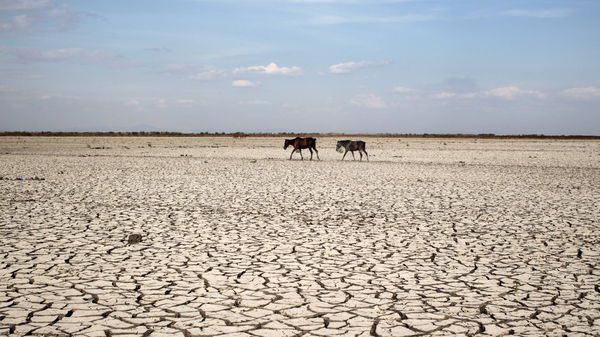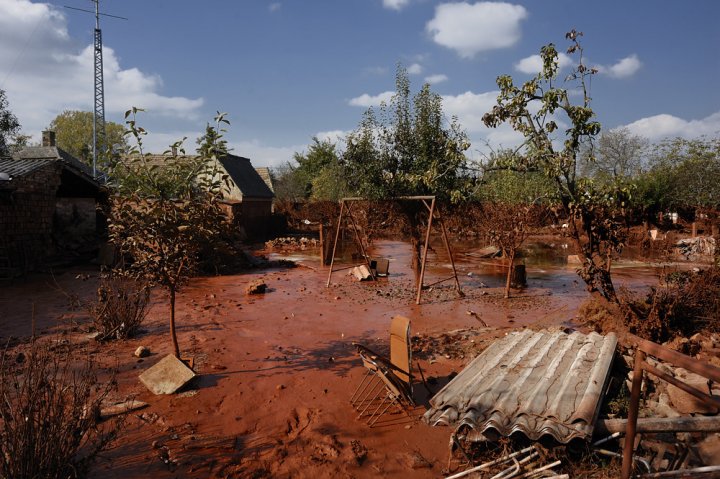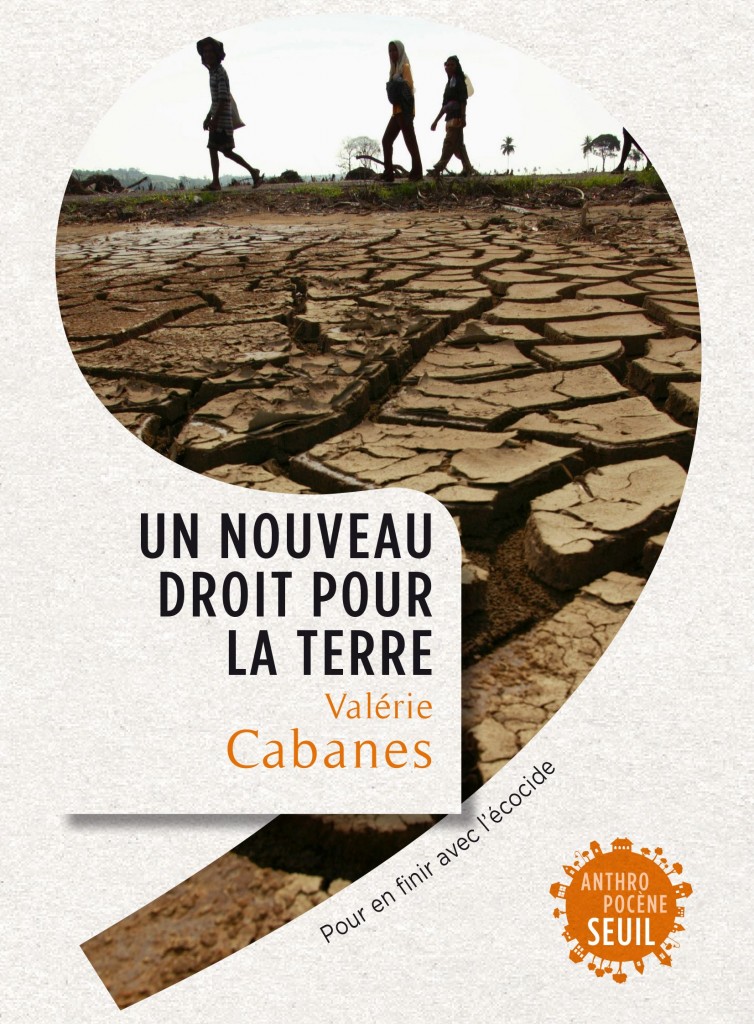Today I participated in a workshop entitled “An ECI that works” in Brussels. It brought together ECI organisers, researchers, civil society organisations, and representatives of European institutions.
We all encounter the same challenges, the same problems but we can also be proud of ourselves because what we have achieved is remarkable given the circumstances. From the volunteers-only run ECIs we are actually number two (check the number of signatures of all ECIs here). Only Basic Income has more signatures (almost 160,000). The two successful ECIs which participated, Right2Water and One of Us, both had large organisations and very important supporters behind them (such as the labour unions or the pope). And what the experience of Right2Water also shows is that it’s not too late. They collected over a million signatures in one month, so we can also still make it! But we need to find our large multiplier. So help us find a VIP.
The main issues with the European Citizens’ Initiative (ECI) as a tool for direct democracy include:
- Data requirements excluding some EU citizens from participating (such as UK or Irish residents in Austria or Portugal)
- Excessive data requirements for signing (such as ID or passport numbers – in Luxembourg previously even the social security number and in Poland the unique birth number – or dates and places of birth) which on top of that differ by member state
- An absolutely not userfriendly and not customisable system for the collection of online signatures (as each of you who has signed has experienced)
- The lack of a legal status for the Citizens’ Committee (i. e. our team) who are currently personally liable for any potential issue and arising issues for fundraising, bank account, etc.
- Confusion and differing messages at the level of the national authorities responsible for the implementation of the ECI who sometimes don’t even know how to verify the signatures
- A very tight timing (not enough time between the registration of an ECI and the start of the one year for the collection of signatures, in which a certification of the online collection system needs to be obtained for which hundreds of pages of paper work are necessary – with horror I think back at the pile of papers…)
- The lack of transparency regarding funding and which organisations are behind ECIs (only have to report funding at the beginning, no mandatory reporting on supporting organisations)
These issues must be remedied if the ECI is to become a real tool for citizens. Otherwise, it runs the danger of becoming just another tool for the big lobby groups and civil society organisations which have the resources to undertake a proper marketing campaign. To prevent that – or at least ensure that the public knows who is behind an ECI – stronger transparency regulation is needed.
All ECI organisers agreed that for a successful initiative, strong local and national teams are key. As there is no European public space yet, we have to put our issues on national agendas. Linking to local issues is of huge importance. This is where we can learn a lot from Right2Water. We have to find local cases of Ecocide! If you know of one, get in touch with Pauline ([email protected]). In addition, it needs to be aligned with ongoing policy discussions (such as the Concessions Directive or the troika wanting to force Greece to privatise water supply for Right2Water and the EU budget for Fraternité2020) and famous supporters (such as the Pope promoting One of Us in the Sunday prayer and the German comedian promoting Right2Water on prime time TV) are of crucial importance.
Summarising the day, the following key issues were identified by the group: Red are problems and challenges, green are useful existing tools and support, blue are necessary changes in rules and required new tools and yellow are opportunities. As you can see, unfortunately at the moment the challenges and necessary improvements prevail and improving these issues is key to ensure “an ECI that works”.

It remains very interesting to see how the successful ECIs will fair when working with the Commission and Parliament to understand whether actually action will be put forward. However, what all of us agreed is that it is a successful tool to put the issue on the agenda and we have all built networks.
For End Ecocide, we have managed to make a term known throughout Europe that no one knew before, we have built a huge network of supporters and organisations interested to work with us and we have engaged so many people to contribute to democracy and stand in for what they believe in – this will continue after January 21st and I’m very excited to see where the journey will lead us and who knows, maybe in 2020 we will actually have an international crime of ecocide established, rather than “only” a European one?



1 Kommentar
Daniela Paun · Sunday, der 8. December 2013 um 23:18
I think the accent on the Pope‘ support for „One of Us“ is overrated as Protestants and Orthodox Christians have also participated with enthusiasm in this Initiative. It happened that many people are recognizing, still, the simple fact that every human life begins at conceptions. Just as science is stating it.